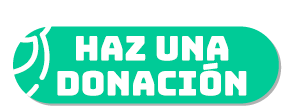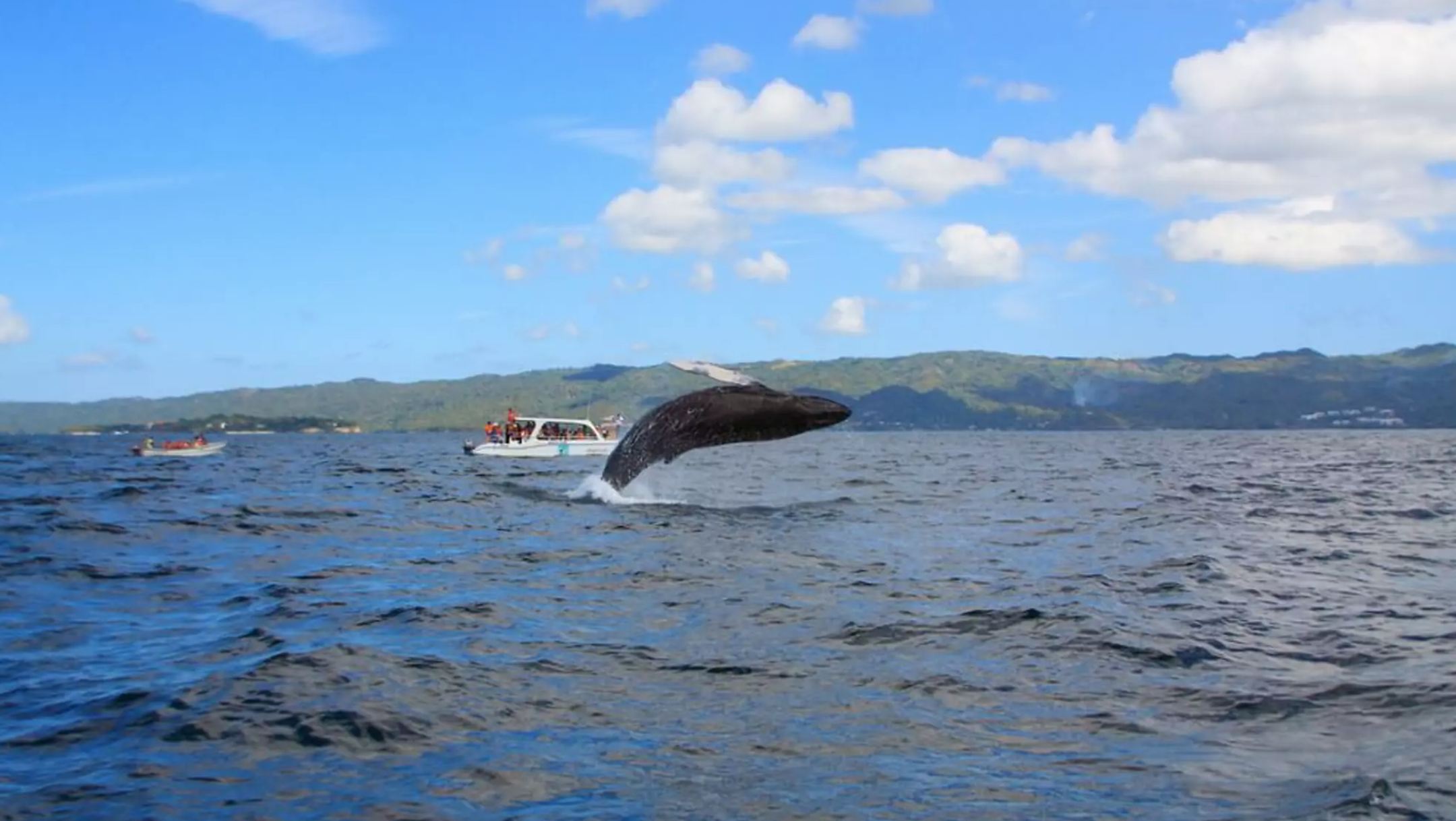12 August 2024 – More than 40 civil society organisations from Latin America and the Caribbean sent a strong message in defence of whales during the 17th meeting of the Buenos Aires Group (GBA) which took place from 6-8 August in Santo Domingo, capital of the Dominican Republic.
The group, made up of representatives from eleven Latin American and Caribbean countries (Argentina, Brazil, Colombia, Costa Rica, Chile, Ecuador, Mexico, Panama, Peru, Dominican Republic and Uruguay), met in preparation for the 69th plenary assembly of the International Whaling Commission (IWC), to be held in Lima (Peru) next September.
Since its creation in 2005, the GBA has established itself as the main bloc of conservationist countries in the IWC, successfully promoting proposals related to the defence of the moratorium on commercial whaling, the modernisation of its governance mechanisms and the inclusion of emerging issues such as the key role of whales in the functioning of the ecosystem.
During the meeting, GBA members met with various civil society organisations specialised in cetacean research and conservation, who expressed their concerns and requests in a joint letter presented during the session. The letter, which was signed by 46 civil society organisations from 13 Latin American and Caribbean countries[1], addressed various issues related to the upcoming IWC plenary meeting in Peru.
The requirements requested by the organisations, included, among others: the need for the GBA to improve democratic decision-making processes by promoting measures to avoid malicious behaviour by some pro-whaling nations; the defence of key spaces for the fulfilment of the conservation objective of this international body such as the Conservation Committee; the approval of emerging projects such as the economic valuation of the contributions of whales to the ecosystem; and the access to greater participation spaces for non-governmental organisations in the GBA meetings.
In the framework of cooperation between the IWC and the Convention for the Conservation of Antarctic Marine Living Resources (CCAMLR), the organisations requested the improvement of the krill fishery – the main food source of the whales – and the approval of the proposal for the creation of a marine protected area for the Antarctic Peninsula.
Regarding the concerns expressed, these were mainly directed at the possibility that Japan may in the near future attempt to irregularly rejoin the IWC with a reservation to the moratorium that would allow it to de facto eliminate this historic conservation measure. They also reiterated their concern about Denmark’s aboriginal whaling as these killings are allowed under the IWC for aboriginal subsistence purposes, but the meat continues to be traded on the local market, including for gourmet tourism.
For Elsa Cabrera, director of the Cetacean Conservation Center, one of the NGOs present in the Dominican Republic, “in almost two decades since its creation, the GBA has become an influential bloc within the IWC, so these types of meetings are essential to coordinate strategies that allow the region to continue advancing and strengthening its legitimate interests regarding the use and conservation of cetaceans. In particular, during the plenary assembly in Peru the group will have to face various challenges. The monitoring and support of Latin American civil society are more crucial than ever to safeguard our rights in protecting species that form an essential part of our collective natural heritage.”
Source: Cetacea Conservation Centre
[1] Agenda Antártica, Asociación AquaMarina, Fundación Ambiente y Recursos Naturales, Fundación Cethus, Fundación Patagonia Natural, Fundación Vida Silvestre, Instituto de Conservación de Ballenas, Divers for Sharks, Instituto Baleia Jubarte, Instituto Brasileiro de Conservação da Natureza – IBRACON, VIVA Instituto Verde Azul, Centro de Conservación Cetacea, Centro Ecoceanos, Conservación Internacional Colombia, Fundación Conservaré, Fundación Macuaticos, Fundación NATIBO, Fundación Omacha, Fundación Yubarta, Grupo de investigación en Ecología Animal, Departamento de Biología, Univesidad del Valle, ITAW, Alemania & Grupo de Ecología Animal, Universidad del Valle, Madre Agua Colombia, R&E Ocean Community Conservation, Fundación Promar, Fundación Verde Agua, PRESERVE PLANET, The Leatherback Trust, ONE HEALTH ECUADOR, Pacific Whale Foundation, Humane Society International – Latin America, International Fund for Animal Welfare (IFAW), Conservación de Mamíferos Marinos de México (COMARINO), Producciones Serengueti, Jóvenes Ambientalistas, Asociacion Verde de Panama (ASVEPA), Fundación Panacetacea Panamá, Áreas Costeras y Recursos Marinos (ACOREMA), ecOceánica, Organización Científica para Conservación de Animales Acuáticos (ORCA), Centro Para la Conservación y Ecodesarrollo de la Bahía de Samaná y su Entorno (CEBSE), Green Heritage Fund, Aguará popé – Educación y Gestión ambiental, Red Nacional de Asistencia a Cetáceos del Uruguay (RENACE-UY) , Organización para la Conservación de los Cetáceos (OCC Uruguay), Yaqu Pacha Uruguay



